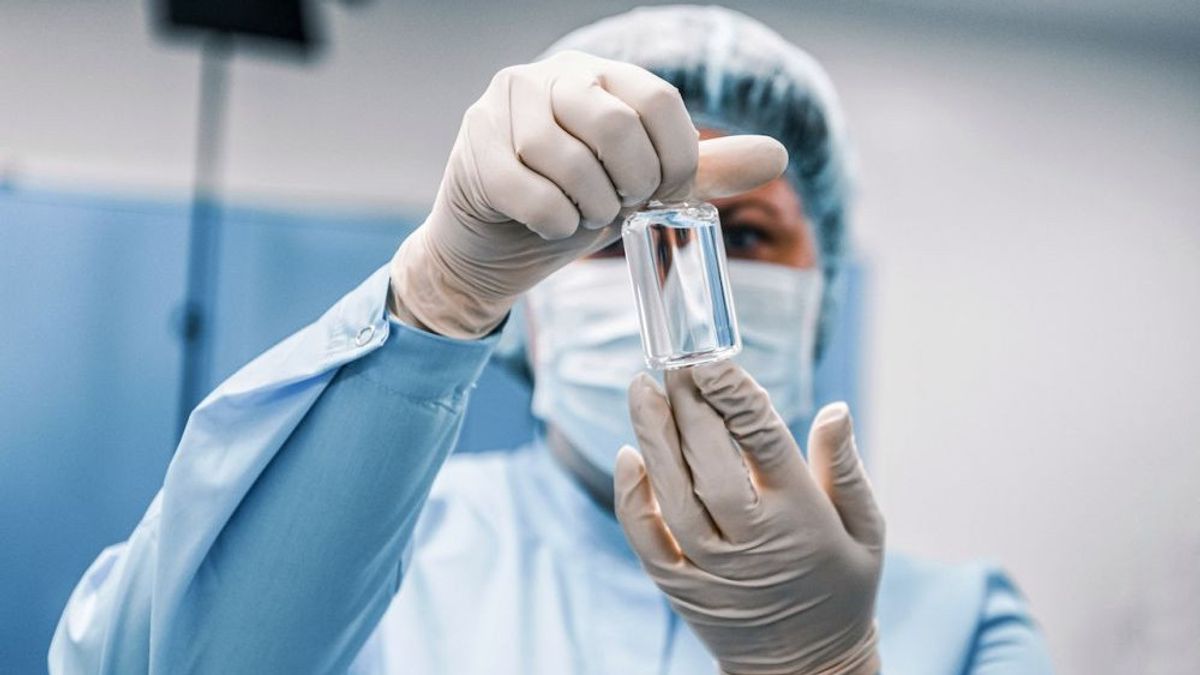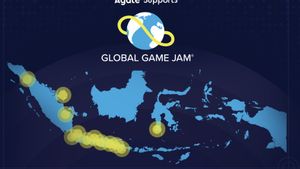Minister of Health (Menkes) Budi Gunadi Sadikin asked the Food and Drug Supervisory Agency (BPOM) to conduct quality tests on the production of various types of drugs to prevent more widespread kidney failure in children.
"We have coordinated with BPOM for each production batch, if possible, the quality control is tested because the authority is there," Budi said when met after the 'National Action Movement for Action 2022' which was followed in Jakarta, Wednesday, October 26.
Budi emphasized that quality checks are urgently needed as a good effort to save the lives of the nation's children who are currently in danger due to acute kidney failure and various types of viruses.
Examination of the quality of the product, he said, could also strengthen monitoring of types of dangerous drugs, when the Ministry of Health seeks to procure drugs for large number of patients with heart kidney failure.
Budi said that currently, the government is trying to bring in more drugs from Fomepizole. Where the government is in the stage of finalizing the purchase of kidney failure drugs originating from America and Japan.
"I also came to Singapore yesterday when we asked again, it was given 10 vials. Australia has come 16 vials. Now, we are finalizing the purchase from America and Japan," he said.
After being given the drug, he continued, patients with acute kidney failure such as Cipto Mangunkusumo Hospital (RSCM) Jakarta experienced an improvement in conditions. This means that the drug is effective in reducing severity.
"We are trying at RSCM from 10 toddlers who got kidney attacks, of which 57 percent died, seven have recovered. Three babies whose condition usually decreases, are stable. Therefore, we see that the efficacy, the toughness is good," said Budi.
Then, the number of cases found also began to drop drastically due to the temporary suspension of drug sales in the form of liquid or sirop.
"We saw that after we stopped selling sirop drugs at the pharmacy, the report was two cases, which used to be 30-40, now it has dropped drastically, two and three days so we found three cases," he said.
Previously, the Spokesperson for the Indonesian Ministry of Health, Mohammad Syahril, said that the development of cases of acute kidney problems as of October 24, 2022, there were as many as 255 cases originating from 26 provinces.
Where as many as 143 patients were reported to have died or the equivalent of 56 percent of the total cases.
Based on the results of an investigation with the Indonesian Pediatrician Association (IDAI), cases of acute kidney disorders in Indonesia led to the cause of poisoning of sirop drugs.
The spike in cases of acute kidney disorders occurred due to chemical contamination in certain drugs, some of which have been identified, including ethylene glycol (EG), diethylene glycol (DEG), and ethylene glycol butil ether (EGBE).
On that basis, the government adopted a policy to stop the use, circulation, and the provision of prescriptions for sirop drugs to the public as of October 18, 2022.
"The policy has temporarily succeeded in preventing the addition of new cases at RSCM as a reference for the national kidney," he said.
On a separate occasion, BPOM admitted that so far it has not carried out periodic examinations of ethilen glycol (EG) chemical contamination and dietilen glycol (DEG) on the quality test of medicinal production. This is because the international test standards do not yet exist.
"This EG and DEG do not yet have standards for us to make references to surveillance, both premarkets and postmarkets," said Head of BPOM, Penny K Lukito at the Presidential Palace in Jakarta, quoted from the Presidential Secretariat's YouTube channel, Tuesday, October 25.
The English, Chinese, Japanese, Arabic, and French versions are automatically generated by the AI. So there may still be inaccuracies in translating, please always see Indonesian as our main language. (system supported by DigitalSiber.id)













